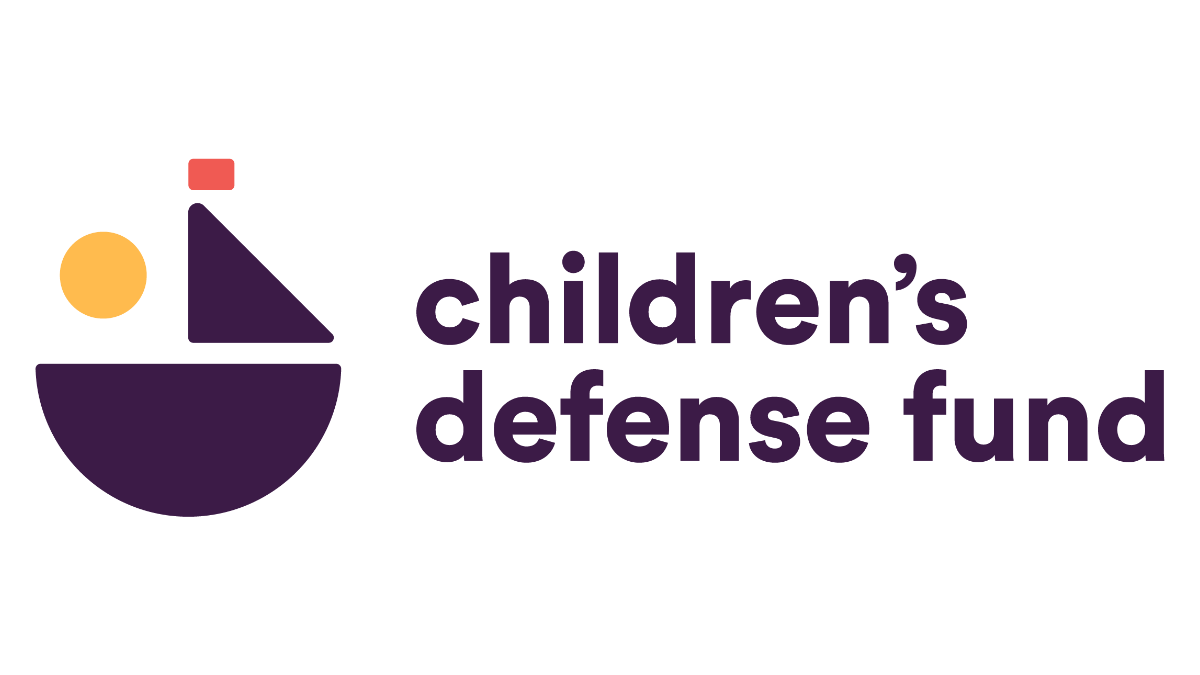LI medical research, higher education hurt by budget cuts
This guest essay reflects the views of Wendy Chavkin, professor emerita of public health and obstetrics/gynecology at Columbia University School of Public Health, and Nicholas Freudenberg, distinguished professor of community health at the CUNY School of Public Health.
As the Senate considers President Donald Trump’s One Big Beautiful Bill against the backdrop of draconian cuts in National Institutes of Health-funded medical research and higher education, Long Islanders will confront the impact of these decisions on our well-being and environment. As health professionals, researchers and professors of public health at City University of New York and Columbia University who spent childhoods, medical school, and summers on Long Island, we fear this bill and the research funding cuts will harm our communities and our region’s universities.
Cutbacks in research, health care services, and public health programs hit the most vulnerable first and hardest and then hurt all of us. Long Island has experienced dramatic growth in its population of those over 65, those living in poverty, and those from other countries. Many grants terminated at our universities ended research on Alzheimer’s and chronic diseases such as cancer and heart disease — conditions of greatest concern for older people. We live in the land of Lyme and other tick-borne diseases — the funding cuts also target research on infectious diseases, vaccines, and preventing pandemics. These cuts in higher education will amplify the harm from other spending reductions in public health and Medicaid, imposing a particularly harmful impact on children, seniors, and immigrants. This will further burden our area’s overstretched health care facilities.
Columbia recently terminated 180 researchers as a result of the Trump administration’s cancellation of $400 million in research funding. At CUNY, research studies on COVID-19, AIDS, and preparing the region’s health workforce were terminated. At Stony Brook University, at least 17 faculty researchers lost funding for studies to monitor and treat thousands of 9/11 first responders and to prevent infectious disease outbreaks or future pandemics, among others.
These cuts at SUNY, CUNY, Columbia and elsewhere will ripple through our communities. Research on critical illnesses like dementia and cancer and on threats such as Lyme disease and long COVID will be slowed or halted. The lost funding and visa revocations hurt our graduate students, the pipeline for future health researchers, who are losing support for their education. Around the nation, more than 1,500 students from 250 colleges have had their visas canceled. This has led many — uncounted as yet — to drop out or move abroad. The role that higher education, science, medicine, health care, and technology play in the economic development of our region will be damaged, putting people out of work here.
The Congressional Budget Office estimates the House-passed budget bill will increase the nation’s debt by $3.4 trillion over the next 10 years and cut more than $1 trillion in support for health, science, higher education, and public benefits. The main purpose of these changes is to cut taxes for the wealthiest Americans.
One might expect that our local officials would defend the well-being of their constituents and their most renowned institutions. Sadly, however, Reps. Nick LaLota and Andrew Garbarino voted for the bill that imposes these hardships on our communities. They are enthusiastic defenders of Trump’s budget and its goal of decimating education and government services even though the cuts will hurt many of their constituents.
By insisting that our elected representatives explain publicly their rationale for their votes, we can encourage a public discussion of what budget and policy decisions are good for Long Island.
This guest essay reflects the views of Wendy Chavkin, professor emerita of public health and obstetrics/gynecology at Columbia University School of Public Health, and Nicholas Freudenberg, distinguished professor of community health at the CUNY School of Public Health.











